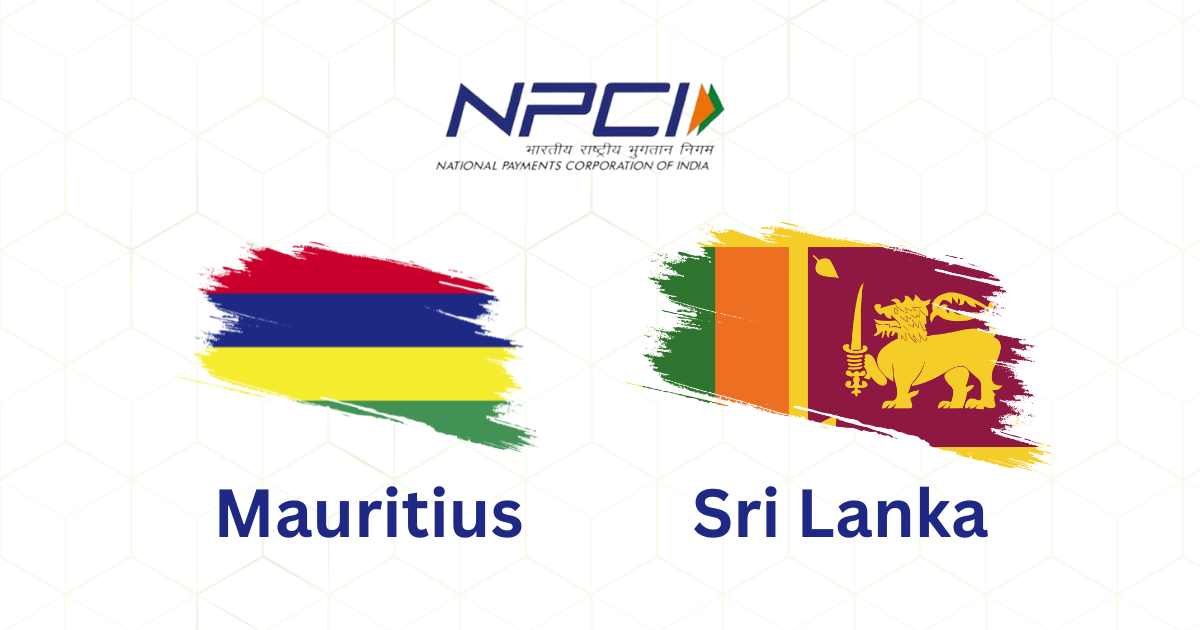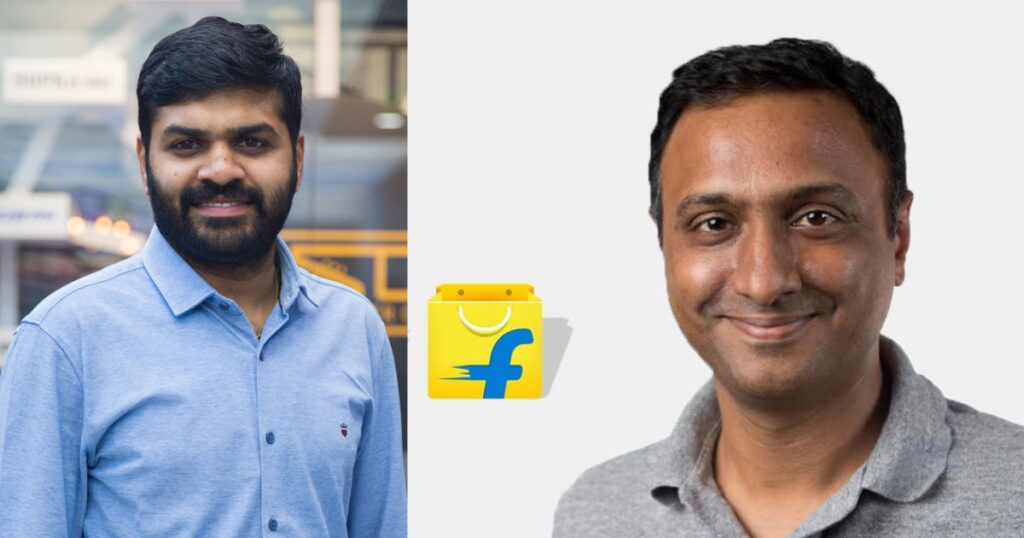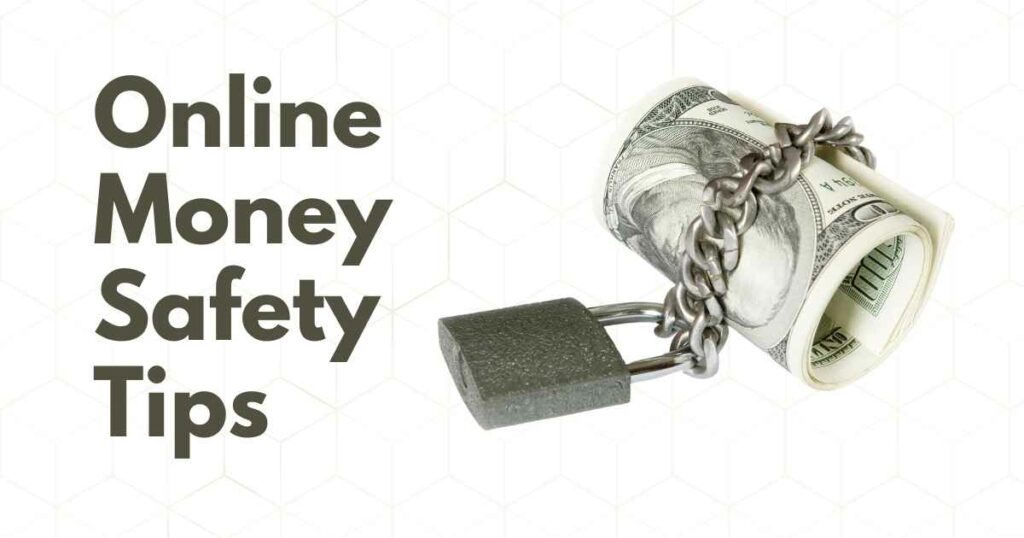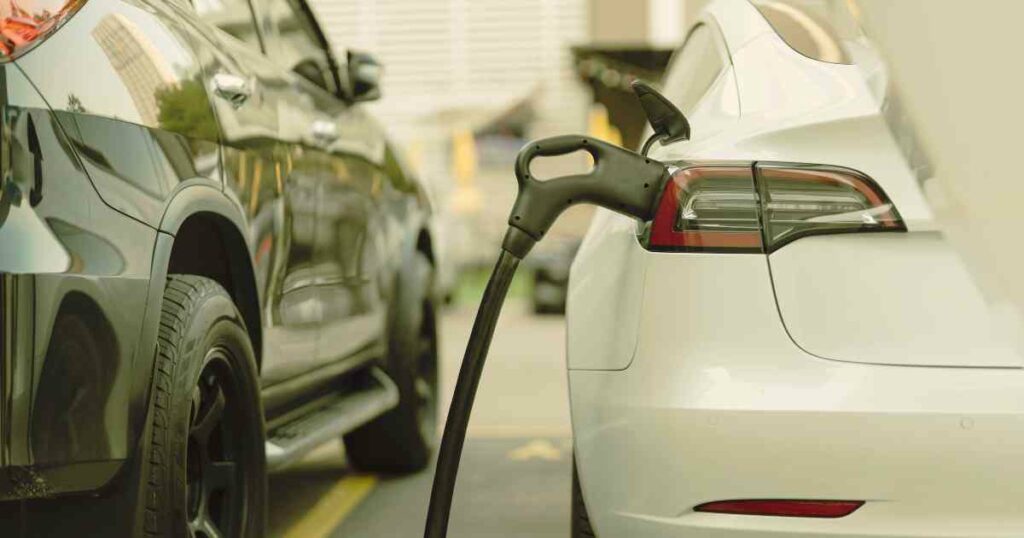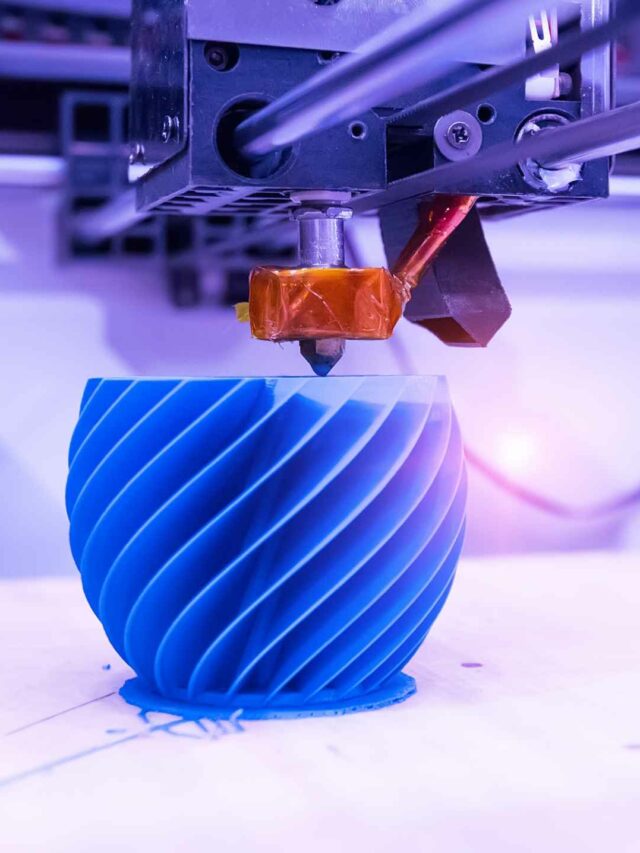India’s instant payment technology service, the Unified Payment Interface (UPI), has expanded its reach to Sri Lanka and Mauritius. In a virtual event attended by Prime Minister Narendra Modi, his Mauritius counterpart Pravind Jugnauth, and President of Sri Lanka Ranil Wickremesinghe, the UPI service was officially launched in these two countries. This development marks a significant step in enhancing digital connectivity between India and its partner nations.
The launch also introduced RuPay card services in Mauritius. This move allows Mauritian banks to issue cards based on the RuPay mechanism, enabling the use of RuPay cards for settlements in both India and Mauritius. The availability of UPI settlement services will benefit Indian nationals traveling to Sri Lanka and Mauritius, as well as Mauritian nationals traveling to India.
During the virtual event, Prime Minister Modi emphasized the importance of fintech connectivity in strengthening cross-border transactions and connections. He hailed the UPI service as a means of uniting partners with India and enabling the development of the people in the participating countries.
PM Modi highlighted the impact of digital public infrastructure like UPI in India, asserting that it has brought about transformative changes even in the smallest villages. He shared that in 2023 alone, a record 100 billion transactions valued at Rs 2 trillion were made through UPI, showcasing the popularity and rapid adoption of the mobile-based payment system.
Also Read: Indian UPI Payments Go Global with Launch at Eiffel Tower
India’s focus has been on ensuring that the benefits of UPI extend beyond its borders. Partnering with countries such as Sri Lanka, Mauritius, France, UAE, and Singapore, India aims to promote emerging fintech and payment solutions globally.
The agreement to adopt UPI as a payment mechanism was announced during PM Modi’s visit to France in July of the previous year, with the iconic Eiffel Tower being the starting point for its implementation. This move not only demonstrates India’s technological advancements but also positions the country at the forefront of digital payments innovation.
UPI (Unified Payments Interface): Key Points
What is it?
- Real-time mobile payment system in India.
- Enables instant money transfer between bank accounts 24/7.
- Works across different banks through a single app.
Benefits:
- Fast and convenient: Transfers happen instantly, not waiting for bank hours.
- Easy to use: Requires only a smartphone and a unique Virtual Payment Address (VPA).
- Secure: No need to share bank details, uses two-factor authentication.
- Versatile: Pay friends, merchants, bills, and recharge online.
- Cost-effective: Many transactions are free, minimal charges otherwise.
How it works:
- Link your bank account to a UPI app (e.g., PhonePe, Paytm, BHIM).
- Create a VPA (e.g., yourname@yourbank).
- Share your VPA with the recipient or scan their QR code.
- Enter the amount and confirm with your UPI PIN.
- Funds transferred instantly and securely.
Additional info:
- Developed by NPCI (National Payments Corporation of India).
- Launched in 2016, has become widely adopted in India.
- Various banks and apps offer different features and functionalities.
The launch of UPI in Sri Lanka and Mauritius is expected to facilitate faster and seamless digital transactions, benefiting a wide cross-section of people. The extension of RuPay card services provides further convenience and ease of use for individuals in both countries. With India’s expertise in fintech and digital public infrastructure, the expansion of UPI services to other nations is a testament to the country’s commitment to sharing its development experiences and innovation.
Last Updated on 8 months

